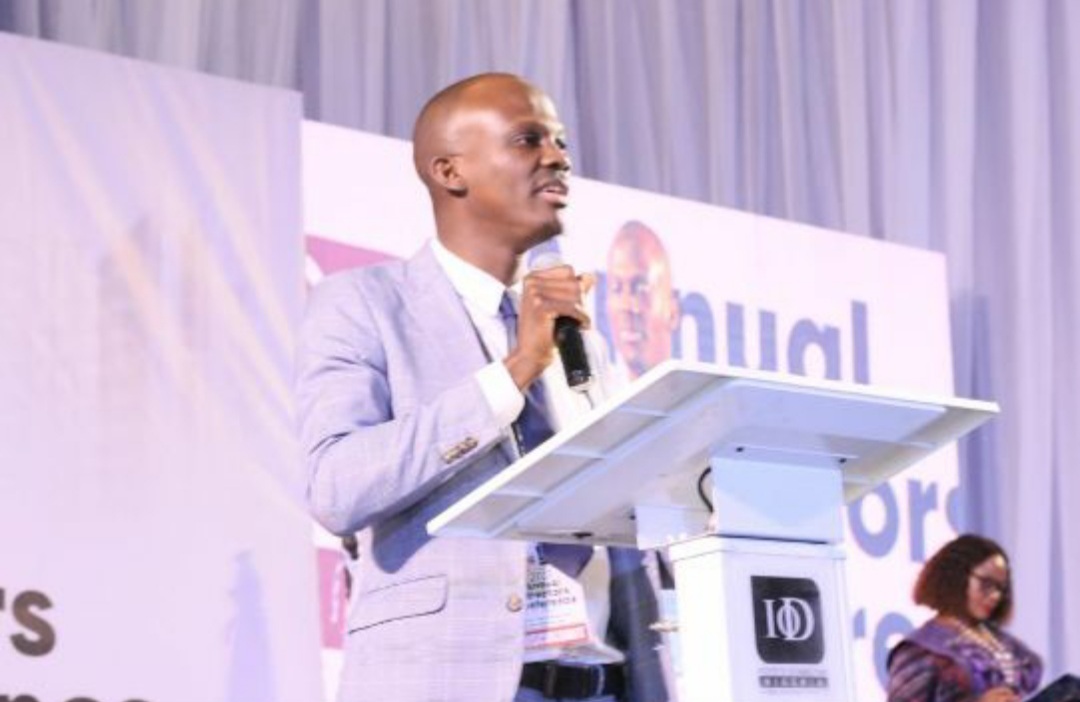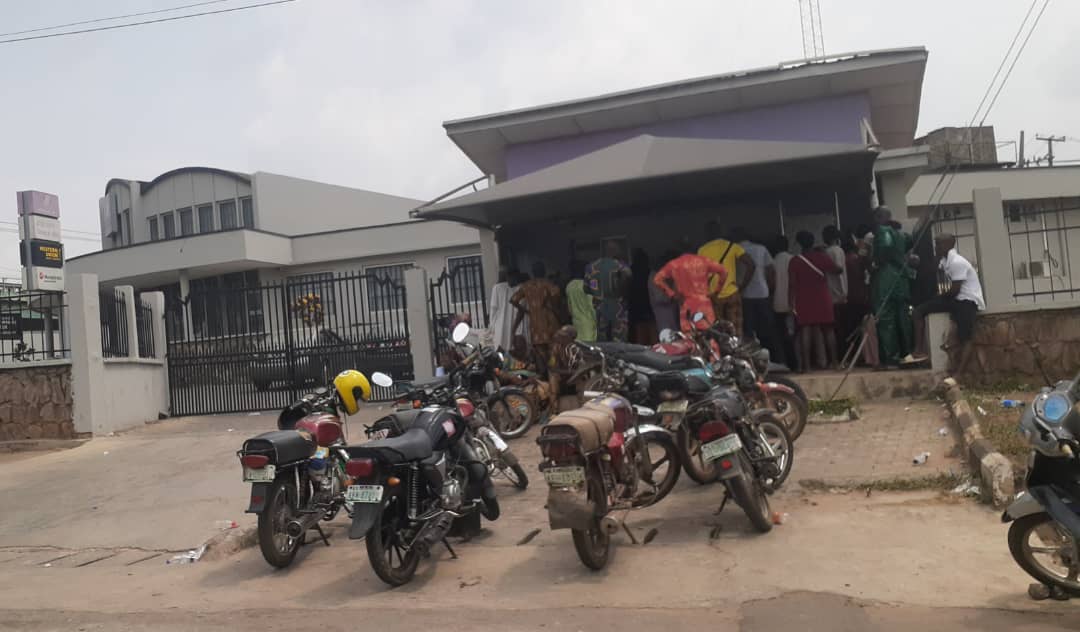E-Naira: Why Nigeria’s digital currency is struggling
By Ibukun Emiola (News Agency of Nigeria)
The e-Naira also known as the Nigerian digital currency was launched and activated on Oct. 5, 2021 by former President Muhammad Buhari, under the slogan: “Same Naira, More Possibilities”.
But why have Nigerians not adopted the platform as expected by the initiators? Were the possibilities with the platform elusive to the target customers?
Like some other Nigerians, a Lab Scientist, Mr Demola Okunola, claimed they knew nothing about the e-Naira and the possibilities it could achieve.
Okunola wondered about the need for the platform and how it could serve Nigerians as many electronic platforms perform similar functions.
“I know nothing about the e-naira and what it is supposed to do,” he said.
According to reports, the digital currency platform has been sluggish as less than 0.5 per cent of Nigerians are using it after a year of its launch, in spite of discounts to encourage its adoption.
Wikipedia reports, as of 2024, indicated that most wallets were reportedly inactive with barriers such as weak technology infrastructure, unreliable electricity, the lack of training for financial employees, anxieties about data privacy and financial crime, and low trusts in government.
An ICT expert, Mr Emmanuel Nkom, stated that he adopted the platform when it was introduced but couldn’t do much with it.
He alleged that the introduction of the policy was to clamp down on crypto currency and after the launch, there was no activity on the wallet he created.
“I didn’t see any benefits or incentives for using it or what difference is it from our native banking system. There was really no noise about it after the start,” Nkom said.
According to experts, more important is the lack of a financial inclusion policy; it excludes people without existing bank accounts.
Experts’ opinion on digital currency
According to a report by Access to Finance survey, as of 2023 about 26 per cent of the Nigerian populace is financially excluded while the financially included population rose to 74 per cent (formal and informal).
Considerable efforts from platforms like Opay and Moniepoint have helped to reduce the number of those excluded according to the industry’s experts.
A banker, who spoke to the News Agency of Nigeria(NAN), said the first thing to note is what problem was e-Naira meant to solve, and what is the issue surrounding creating e-Naira.
“In other parts of the world where digital currency has been used, the main problem solved will always be a means of exchange for goods and services and in those cases, it’s usually used in international trade business.
“For example, you have the UDT which is the equivalent of digital dollar currency, you have the Bitcoin, you have Ethereum and all of these digital currencies are meant to provide settlement for international trade,” he said.
He stated that digital currencies were meant to be internationally acceptable as a means of exchange, not localised and they are basically created where the fiat currencies are in short supply to do trade settlements.
The banker said that UDT which is the dollar is affiliated to the USD. “We all know that the dollar is an international means of settling goods and services as there could not be enough paper dollars to go around internationally.
“So, when they came up with UDT, it was you know wise in that it’s now the digital version of USD that can be acceptable internationally to settle trades. The same thing for Bitcoin, same thing for Ethereum.
‘’When it came to the issue of e-Naira, to start with, it is only a local currency and the time it was pushed, the idea sold was that it was supposed to replace the physical Naira.
“But as you and I know, the Nigerian populace is not ripe enough for digital currency,” he said.
According to him, the level of literacy among Nigerian traders to accept digital currency in the form of the Naira is still low.
“The infrastructure that will drive it is still not well formed. The security architecture around it that will support the acceptability and give confidence to the adoption of this digital Naira currency is still not well developed.
“All of this summed up has not even given the owner of the initiative the ability to push it and to ask for the adoption of this digital currency,” he said.
He noted the need for financial inclusion to be a key agenda of the nation’s digital currency.
An Ex-banker, Mr Yomi Babalola said digital currency must factor in the inclusion of most of the unbanked populace.
Babalola added that the e-Naira should not jettison the physical Naira so as not to disenfranchise some set of people who were unbanked.
He noted that some sets of users of the current means of exchange are not well literate, and do not have enough gadgets to power the digital currency initiative.
“Before you can talk of e-Naira you must have a smartphone that will house the application and you must be able to have a know-how on how to navigate to the utilisation of this digital Naira.
“You must have to understand how the security around it works and we all know the level of literacy in the country,” Babalola said.
He stated that the greater proportion of the population was not yet ripe, in terms of being educated or well exposed, well knowledgeable about technological things for us to be able to drive it.
“The infrastructure for digital currency; do we have it? We rely on the telecommunication industry to provide data and stuff like that. Do we have the right infrastructure?
“The spread of this infrastructure, how the spread is you know telecommunication services in all the over 700 plus local government areas, not to talk of the wards, that will make this technology to go around and be well adopted,” Babalola said.
**If used, credit the writer and the News Agency of Nigeria (NAN)
***This report is produced under the DPI Africa Journalism Fellowship Programme of the Media Foundation for West Africa and Co-Develop.”






